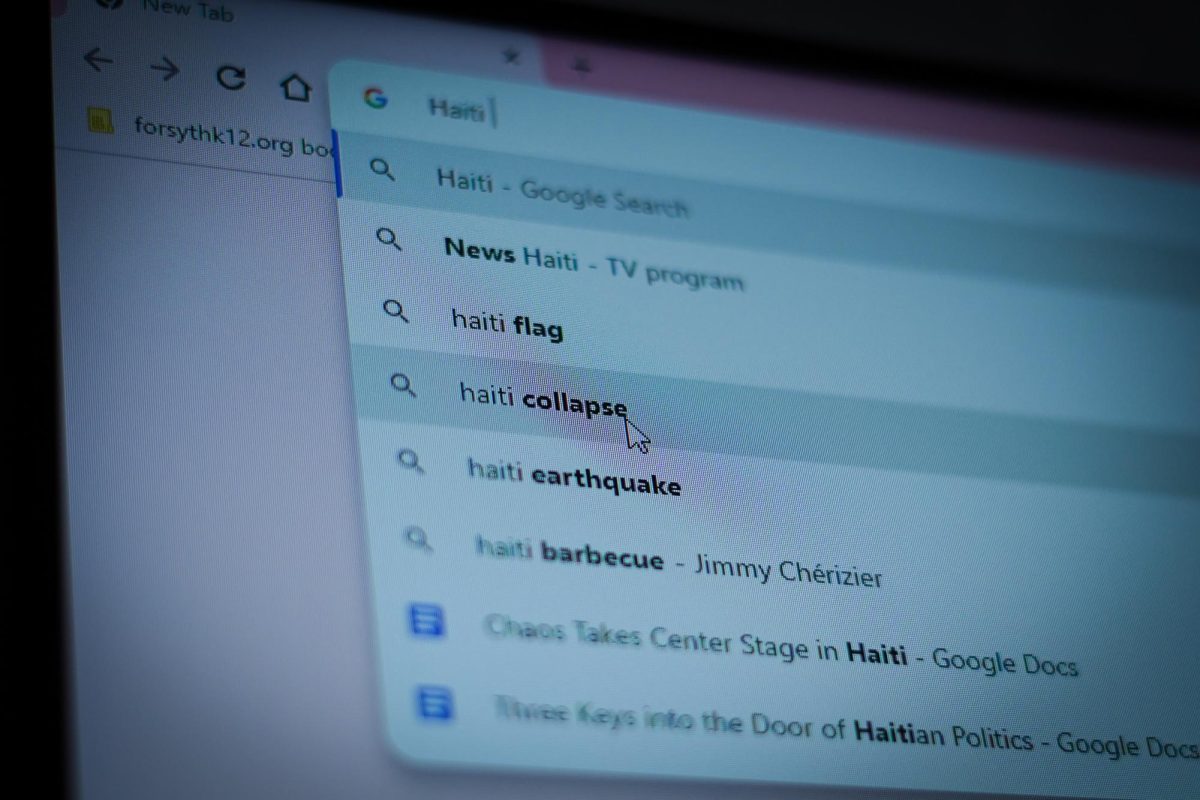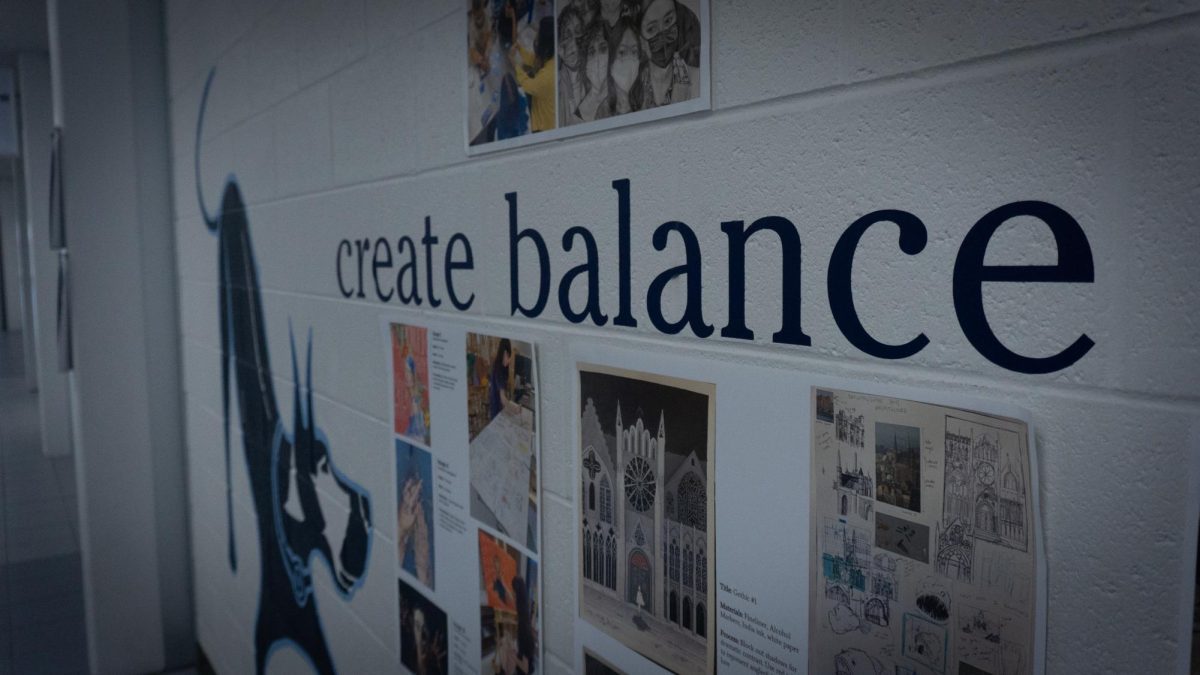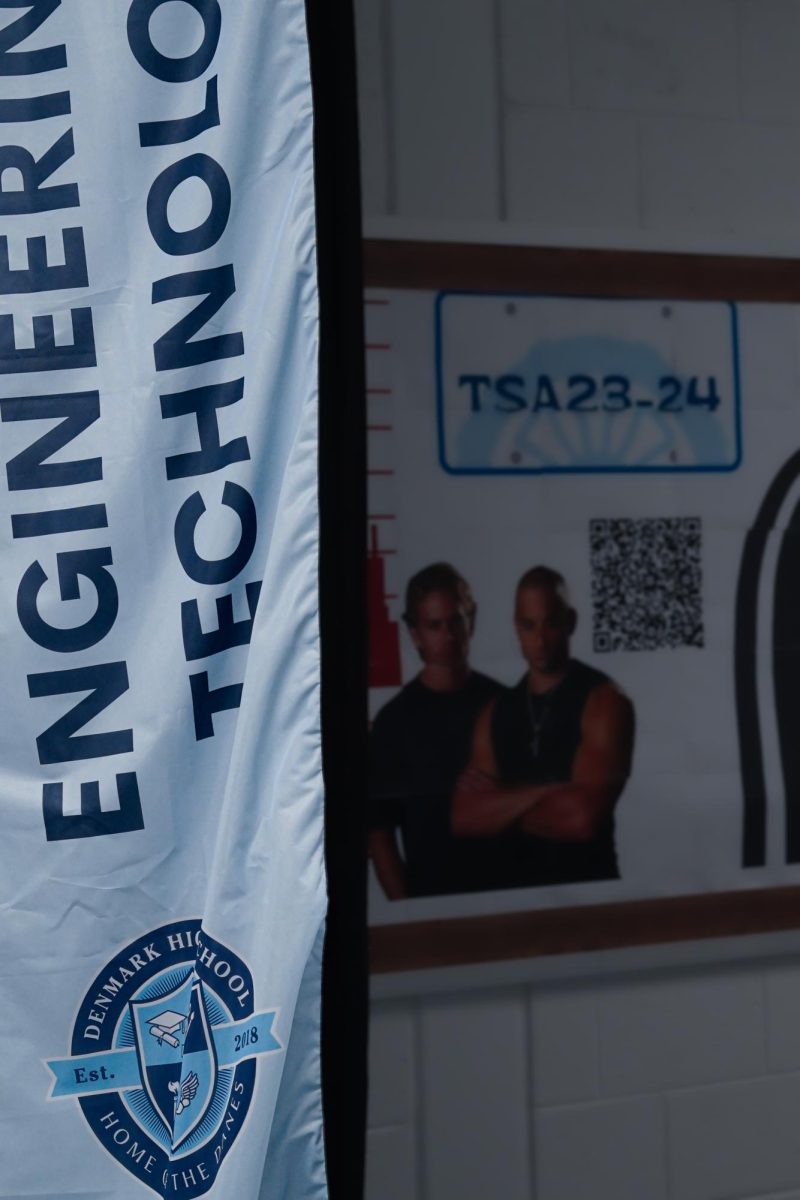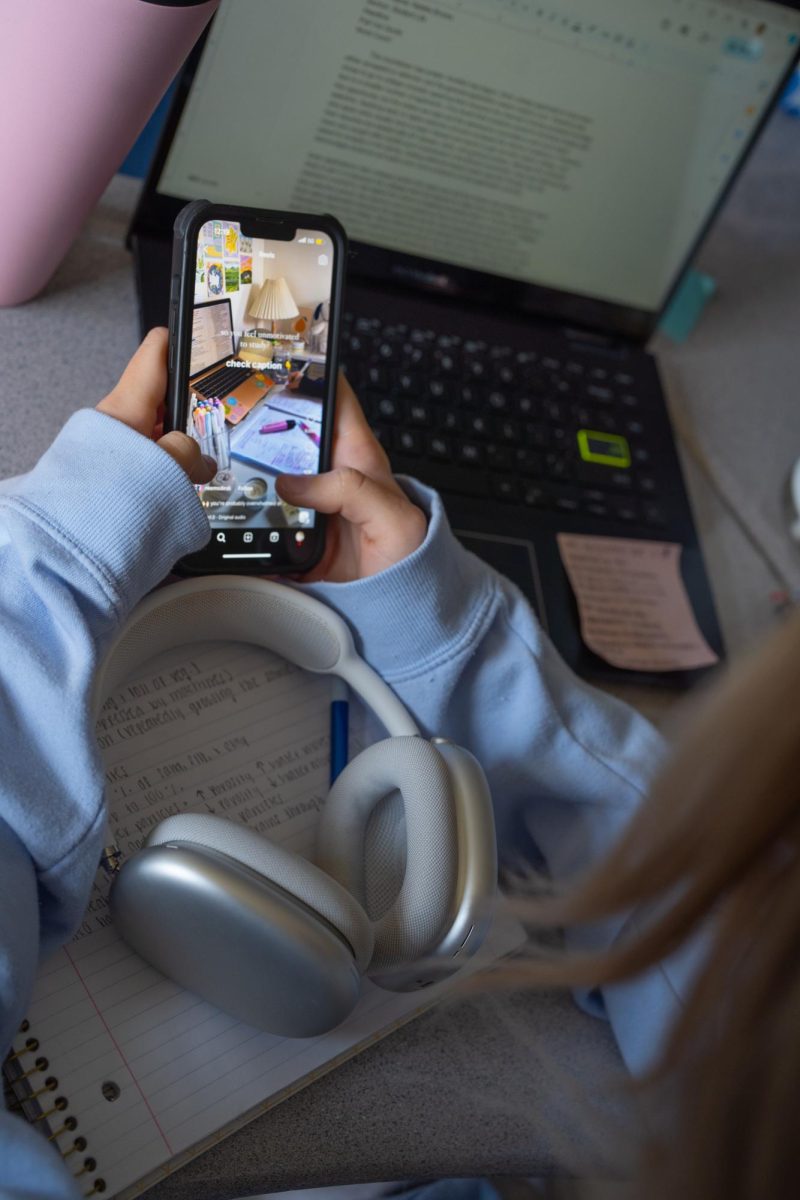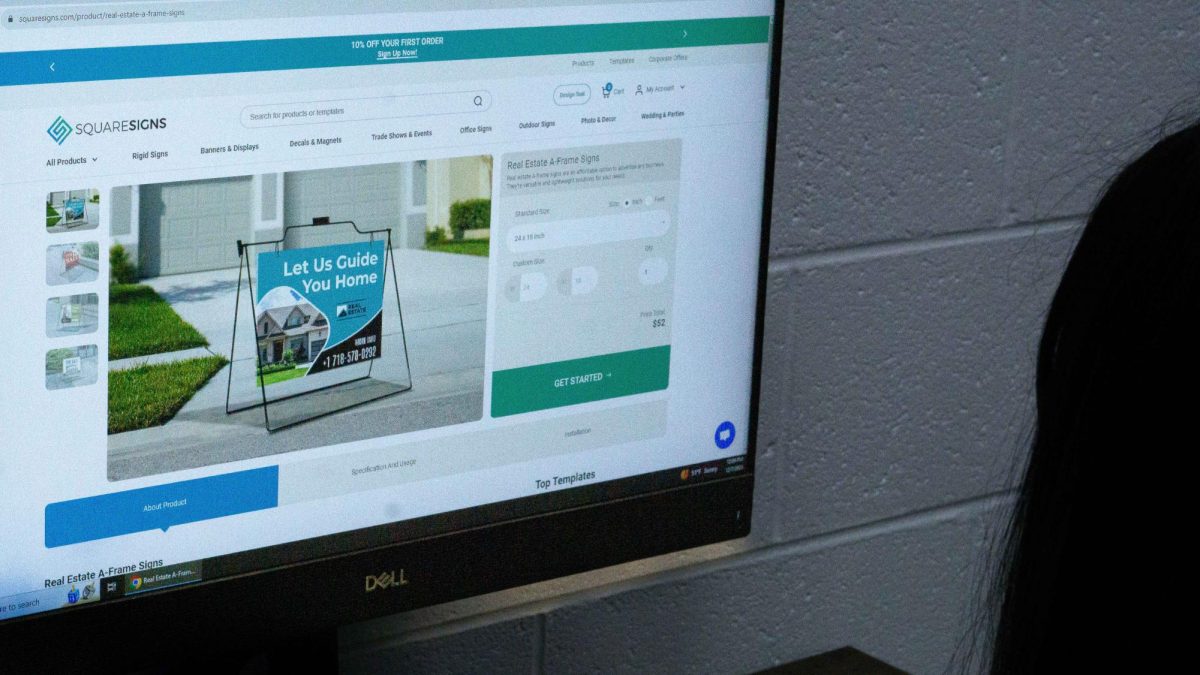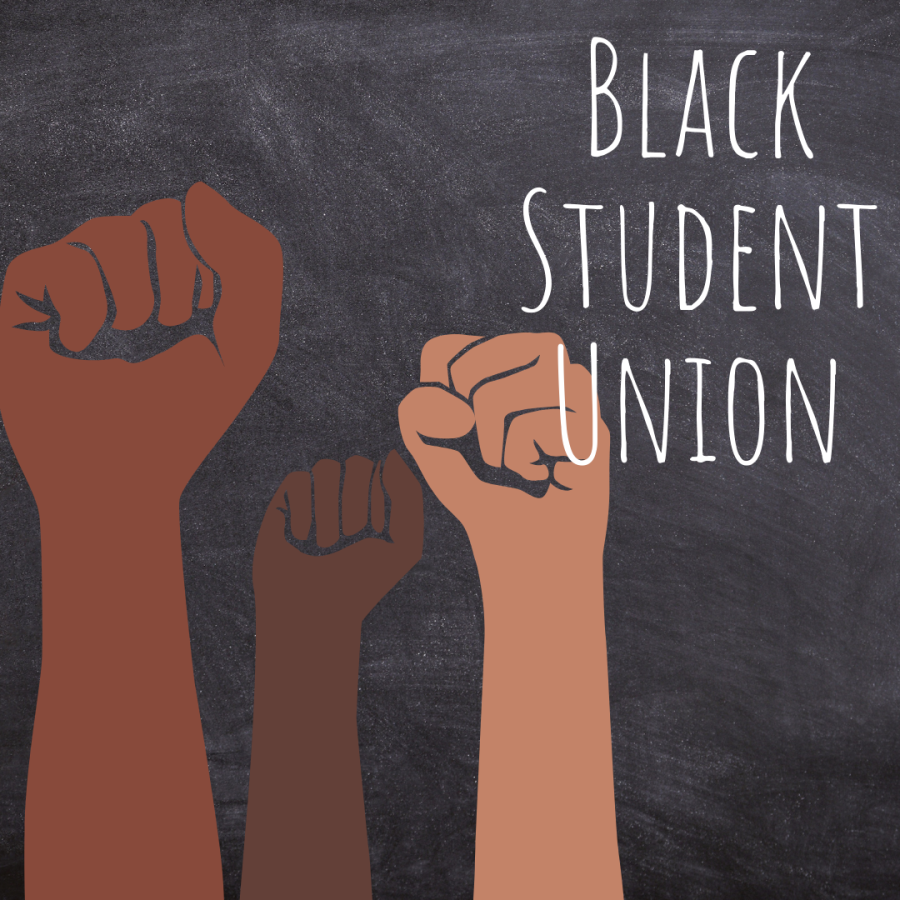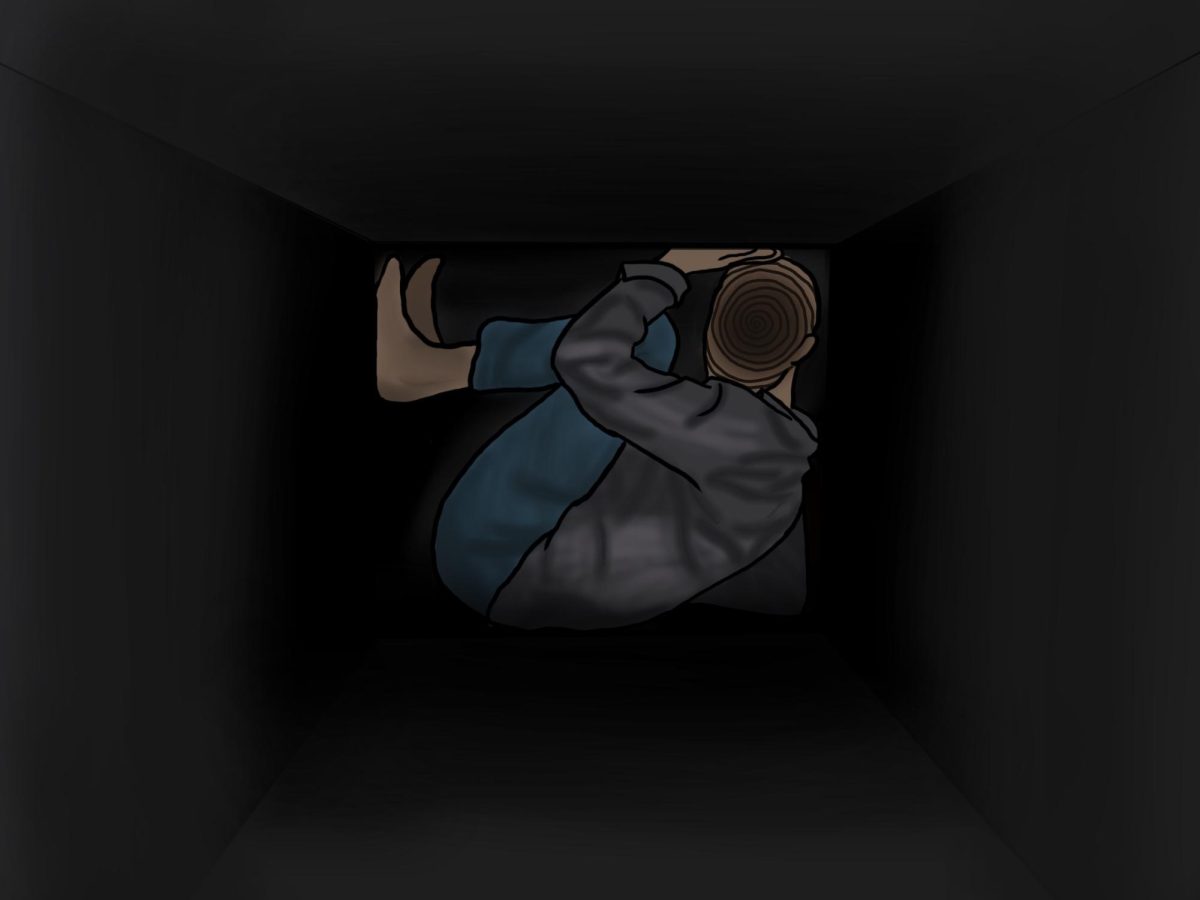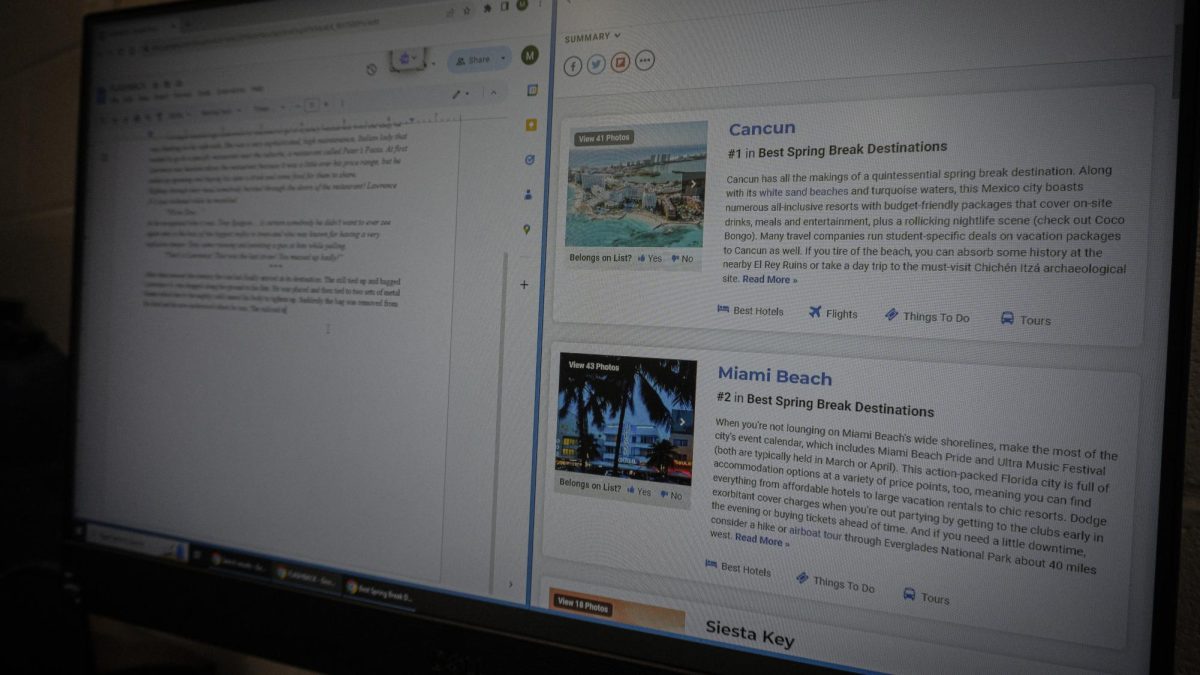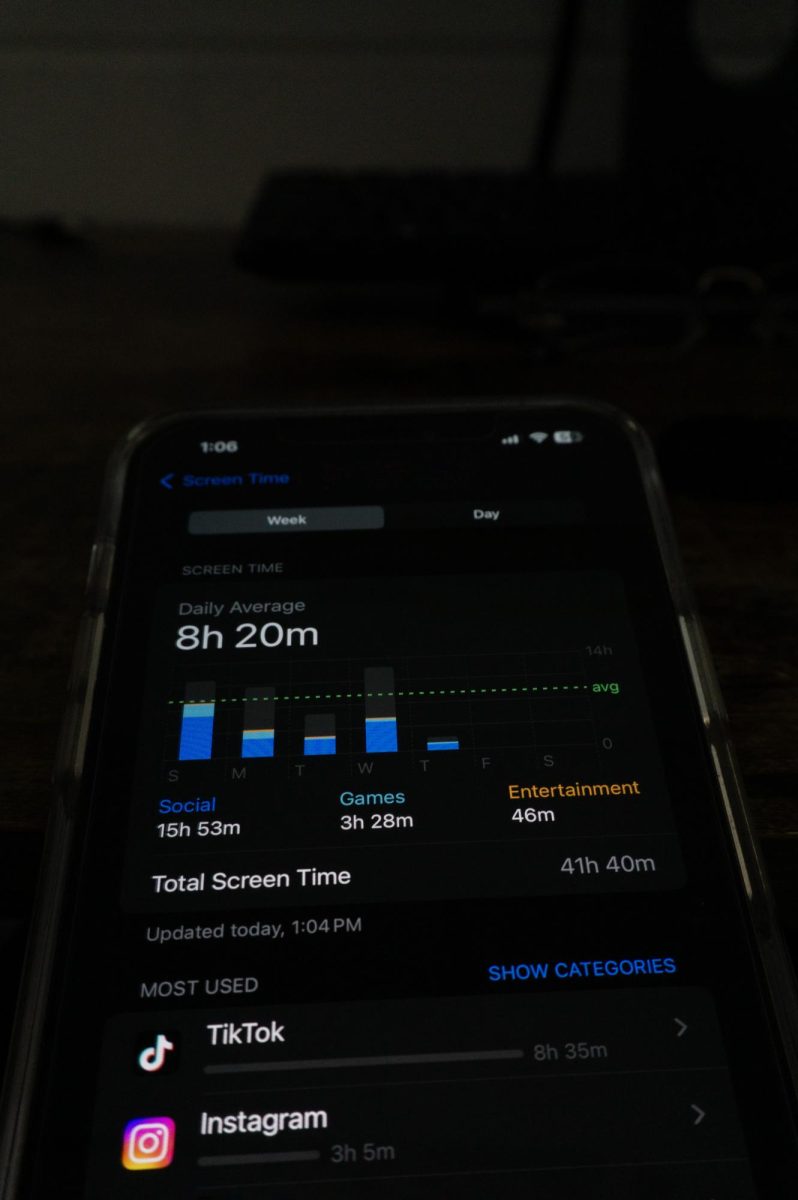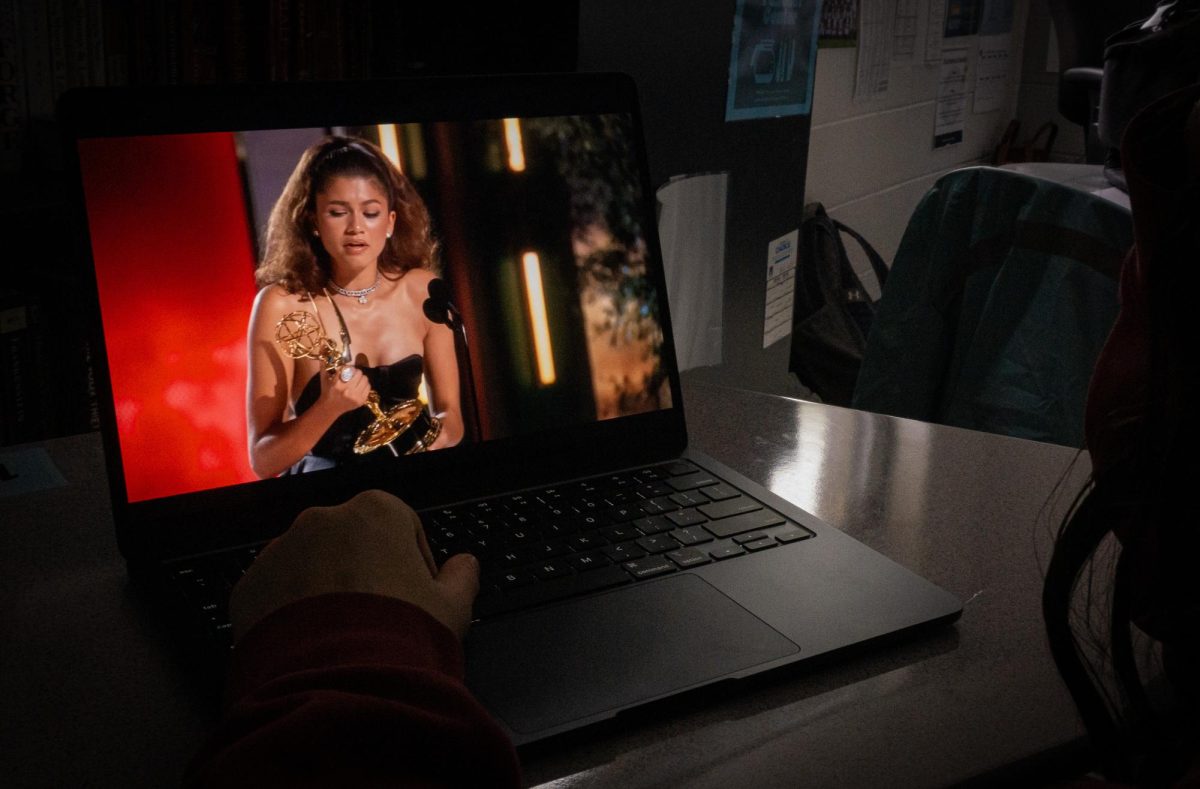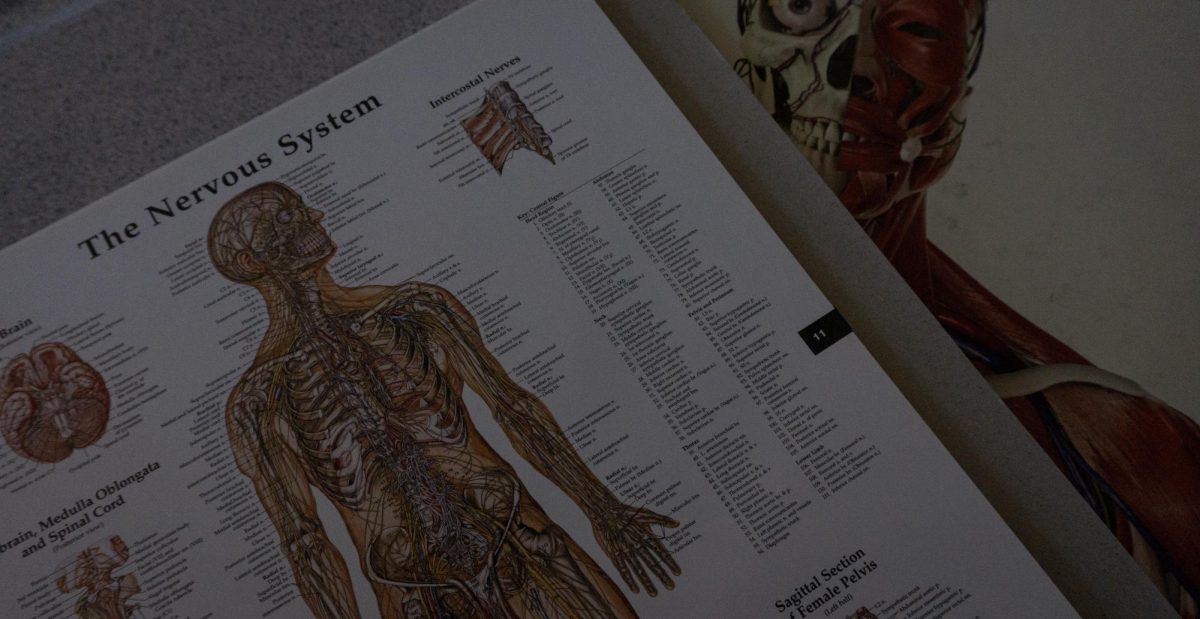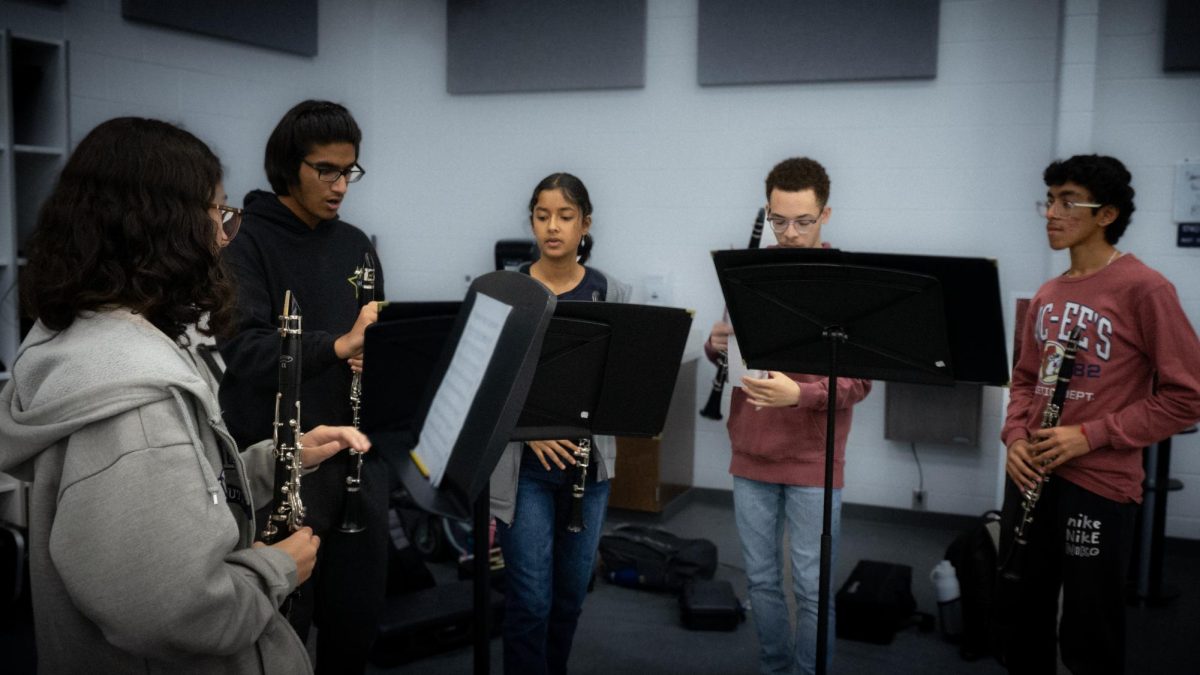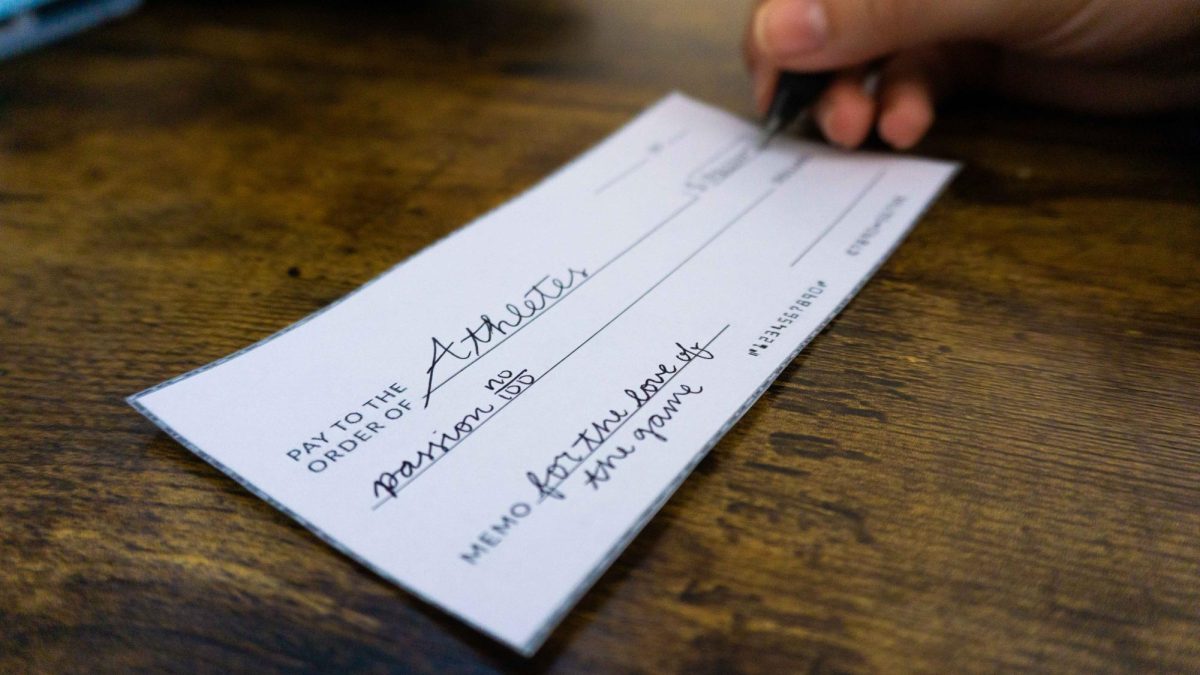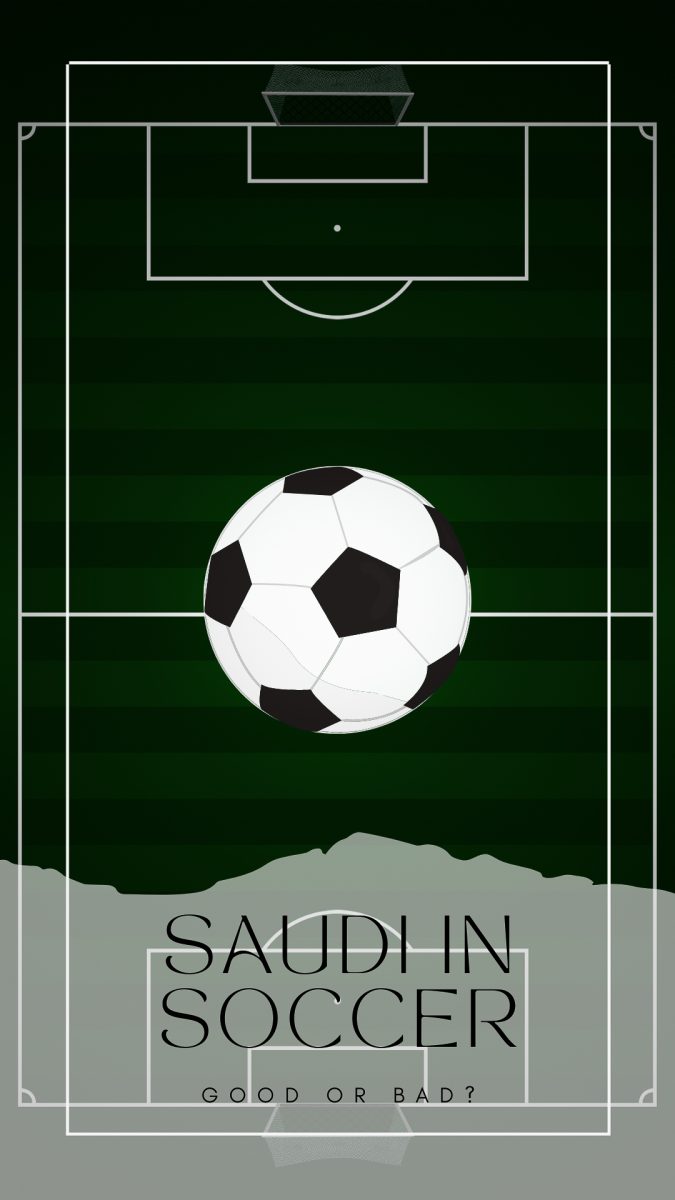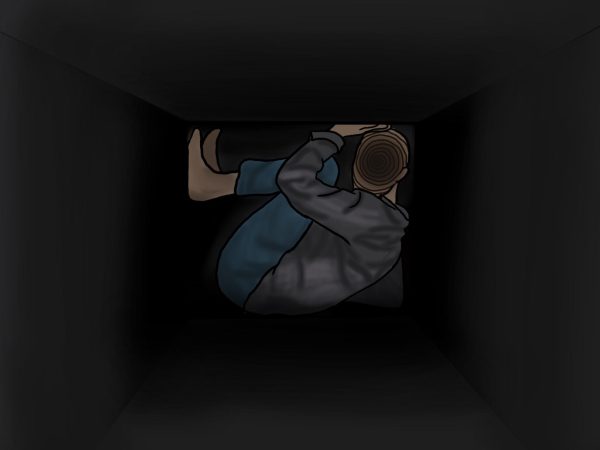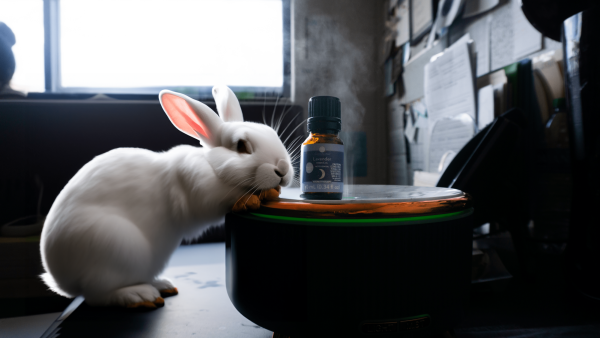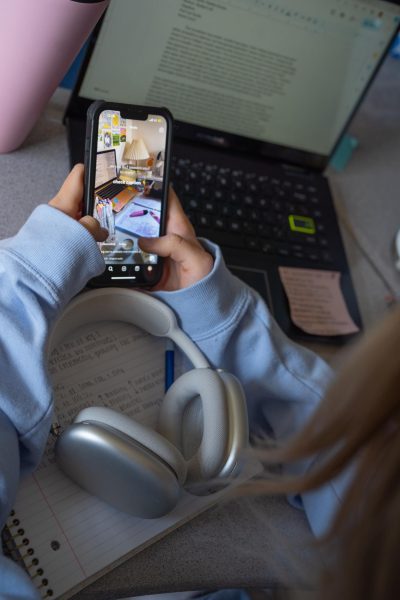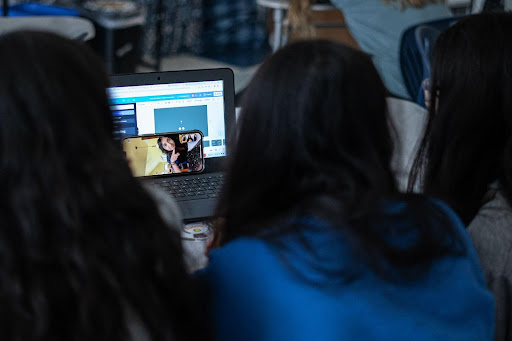Homework: A Controversial Topic

Freshmen work together to study for a test on the Odyssey coming up.
Teachers have been giving homework for decades. Many students at Denmark have strong negative feelings about homework, the late nights, the exhaustion and bags under eyes the next day. The world shares these feelings of disdain and there’s a heated history behind it. During the 19th century, it was disliked so much that there were homework bans and anti-homework sentiment within communities (The Edvocate). At Denmark the role of homework varies from class to class. While it is a staple of secondary education, what should it look like for the Danes?
Through history homework has been a useful part of students, parents, and teachers lives. Mr. Lane, an english teacher at Denmark, explains, “Traditionally, homework is thought to be practice from the skills you’re learning in class, chance to demonstrate your understanding from class discussions or an extension of the work you’re doing in class.” When homework is done correctly by a student, it portrays a clear apprehension and allows the student a chance to take the work they’ve done in class and show that they can do it, without the help of a teacher.
Homework takes hours of focus, and it can be hard to concentrate on one thing for a long time. Many Denmark students relate to this as they spend hours on doing school work, outside of school. A sophomore expresses, “It’s really tedious and sometimes it takes too long, but depending on what class, I tend to pick up a lot of the information…I guess it helps overall.” Practicing skills helps kids retain information, and it’s more than just teachers who think that. This student agrees with Mr. Lane, saying that it has helped.
The positive correlation of homework and knowledge continue to be proven in stats. In an experiment looking at teenagers who were frequently given homework for math and science resulted in, “The principle conclusion is that the frequency of homework assignments has statistical significance both in mathematics and in science,” (Fernández-Alonso, Suárez-Álvarez, Muñiz). This study shows that in math and science there is a positive correlation between working on homework and knowledge At Denmark, especially, we see this relation, a junior student proves this by expressing, “Especially in math and sciences, more practice helps me to remember how to do the different problems, but in classes like social studies or literature class I feel like a lot of homework is just busy work.”
STEM subjects stand out the most to students in terms of utilizing time outside of class; students who do their homework typically outperform those who do not. Mr. Cameron, a chemistry teacher, observes, “Students who have worked at it I see success…” At Denmark, there is often a clear difference between those who do their homework and those who don’t. Classes like literature and social studies are seen as those that don’t necessarily need homework and feel like busy work to students, but looking at it from Mr. Lane’s point of view, “I give homework sparingly… I reserve it for when it will be helpful.” Even though some may not like they have homework in these classes, most of the time it is only given when it will benefit them.
In high school it is a requirement for students to do homework, but there are long term benefits to doing it. Many skills learned will continue into college life and even adulthood. Harvard Ed Cast conveys, “…it also teaches time management, study skills, and independent learning…” These skills are major soft skills that are needed in life, they affect people from when they are students to when they’re adults in the job field. Homework will not only be stuck with students in school, they’ll have different forms of it in the work field.
The topic of whether homework is needed or not will always contradict; it will be a continuous cycle of arguments that won’t conclude.
— Anonymous Student
Though homework does help students achieve better results, students get dizzy with the workload, looking at it and feeling a headache already start to throb, as it’s due the next day. There is no childish excitement for the weekend, because it is spent turning through pages filled. It interferes with their mental, physical health and social life. There are athletes who spend an excess amount of their time on the field practicing, then have to go home, exhausted, and do hours of homework. There are people who do clubs or jobs, working hard after school, go home and spend time working on homework, never getting a break. One the aforementioned junior, describes, “I’m a student athlete, so it’s hard to find that balance of having my own time when I get home to do my homework, so I usually work on it till I go to bed.” Not having a school-life balance may cause a decline in performance in school and well-being will also be disrupted (John Hopkins University).
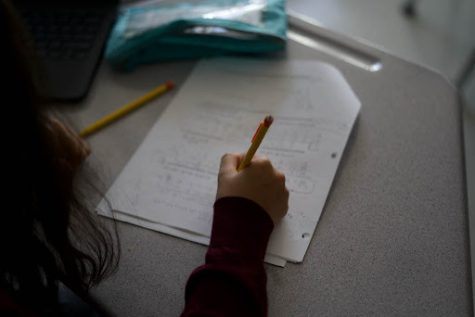
Stress is a known side effect of too much pressure. It’s like being enclosed in a tight space, dark and cold, and not being able to find a way out. With so much work stacked upon teens, it results in that constant feeling. The sophomore student hesitantly reveals, “I end up stressing a lot…so my brain’s completely focused on that even though I also have some problems in my social life. All these things coming at me at once that I have to think about and it’s really tiring.” Many carry a lot on their shoulders, overthinking and becoming overwhelmed which has a direct impact on various aspects of their lives.
The website, CAMH, states that long term stress skyrockets the chances of developing mental health problems, such as anxiety and depression. It may also raise the likelihood of medical problems, such as headaches, gastrointestinal issues, high blood pressure, etc. The development of these can lead to additional problems with students’ performances during school hours, they may not be as attentive or engaged in learning.
The sophomore mentions that he has problems in social life due to laser-focus on homework. Putting social life on the back-burner elicits loneliness, a desolate feeling in life that most people want to fill. Nicole Valtorta, an epidemiologist referenced in the American Psychological Association, discusses, “Loneliness has been found to raise levels of stress, impede sleep and, in turn harm the body. Loneliness can also augment depression or anxiety.” This can drag out, which would cause the problems mentioned by Valtorta and long-term effects. Homework is a controversial topic, and the need for it or not will be situational. It is neither good nor bad, but there are pros and cons, which were discussed. The topic of whether homework is needed or not will always contradict; it will be a continuous cycle of arguments that won’t conclude.
American Psychological Association. (n.d.). The risks of social isolation. Monitor on Psychology. Retrieved November 4, 2022, from https://www.apa.org/monitor/2019/05/ce-corner-isolation#:~:text=%22Lacking%20encouragement%20from%20family%20or,also%20augment%20depression%20or%20anxiety.%22
10, 21803, & 390. (2022, July 23). Who invented homework? The Edvocate. Retrieved November 4, 2022, from https://www.theedadvocate.org/who-invented-homework/#:~:text=Homework%20is%20typically%20credited%20to,1905%2C%20depending%20on%20your%20sources.
Adolescents’ homework performance in mathematics and Science. (n.d.). Retrieved November 4, 2022, from https://www.apa.org/pubs/journals/releases/edu-0000032.pdf
Karambelas, T. (2019, November 4). School-Life Balance. Johns Hopkins Student Assistance Program. Retrieved November 4, 2022, from https://jhsap.org/self_help_resources/school-life_balance/
20131 stress. CAMH. (n.d.). Retrieved November 4, 2022, from https://www.camh.ca/en/health-info/mental-illness-and-addiction-index/stress#:~:text=When%20stress%20becomes%20overwhelming%20and,complaints%20such%20as%20muscle%20tension.
Harvard edcast: The case for homework. Harvard Graduate School of Education. (n.d.). Retrieved November 7, 2022, from https://www.gse.harvard.edu/news/16/09/harvard-edcast-case-homework

The barn is my second home with its dark tan facade, the outside glistening in the bright sun as I push the slightly broken doors open, the sound of our...



